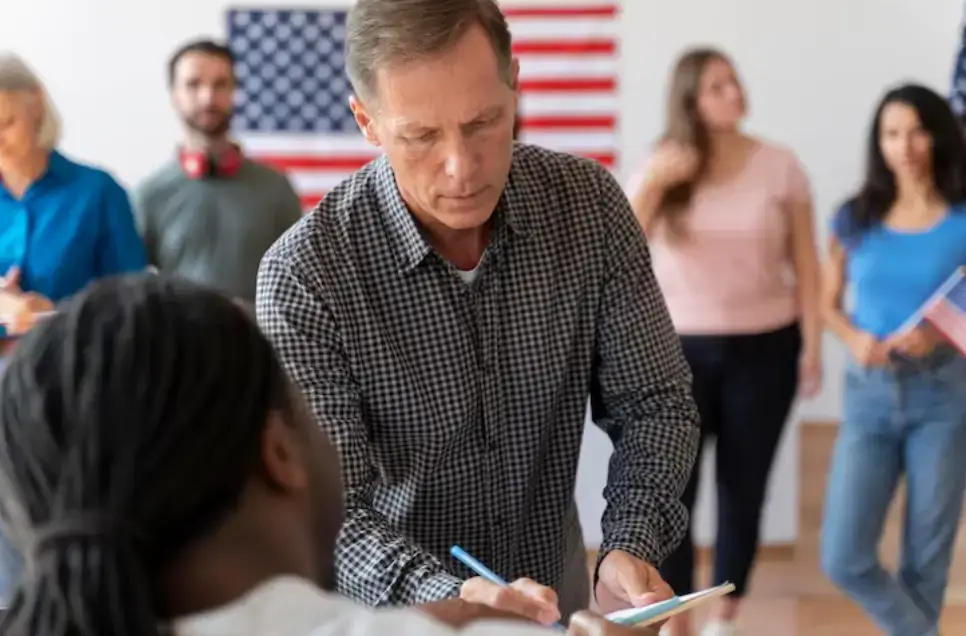Political criticism through literature serves essential democratic functions by examining leadership decisions, electoral processes, & civic engagement patterns. These works help citizens understand how psychological & social forces shape political outcomes beyond formal policy analysis.
Literature’s Role in Political Analysis
Books offer space for deeper analysis than news media typically provides. Authors can examine long-term patterns, psychological motivations, & systemic factors that influence political behavior across multiple election cycles & administrations.
Critical literature challenges official narratives & popular assumptions about political events. By questioning accepted explanations, authors help readers develop independent thinking skills & consider alternative perspectives on political developments.
Historical context emerges through literary analysis that connects current events to broader patterns of human behavior, institutional dynamics, & social psychology that repeat across different political eras.
Examining Presidential Decision-Making
Leadership psychology affects policy outcomes through cognitive biases, personality traits, & decision-making processes that operate regardless of political party or ideological position. Understanding these patterns helps predict & evaluate presidential performance.
Institutional pressures shape presidential behavior through bureaucratic dynamics, political calculations, & media attention that can distort optimal decision-making processes. Books can examine these forces without daily news cycle constraints.
Historical comparison reveals how different presidents respond to similar challenges, allowing analysis of leadership effectiveness patterns that transcend individual personalities or circumstances.
Cognitive Factors in Political Choice
Confirmation bias affects voters & leaders alike, causing selective attention to supporting information while dismissing contradictory evidence. This pattern can perpetuate poor political decisions at individual & collective levels.
Groupthink dynamics within political circles can produce consensus around flawed policies or candidate assessments. Institutional pressure to conform may override individual judgment about political fitness or policy effectiveness.
Denial mechanisms allow people to avoid uncomfortable truths about political leaders or policies they support. This psychological defense can maintain political coalitions even when evidence suggests leadership problems.
Social Influences on Electoral Outcomes
Cultural identity often determines political loyalty more than policy analysis or candidate evaluation. People may support unfit candidates who represent their group identity while rejecting qualified opponents from opposing groups.
Media consumption patterns create information environments that reinforce existing beliefs rather than challenging assumptions. Voters may live in communication bubbles that distort their understanding of political reality.
Economic anxiety can motivate support for political outsiders regardless of their qualifications or policy knowledge. Frustration with current conditions may override careful assessment of alternative leadership options.
Institutional & Systemic Factors
Electoral systems shape which types of candidates succeed through primary processes, fundraising requirements, & geographic representation patterns that may not select for governance qualifications.
Campaign finance influences candidate viability through resource availability that can matter more than policy expertise or leadership experience. Wealthy donors or special interests may have disproportionate influence on political outcomes.
Party organization affects candidate selection through endorsement processes, primary competition, & institutional support that can favor loyalty over competence or electability considerations.
Long-Term Consequences
Democratic legitimacy depends on public confidence that electoral processes select qualified leaders who represent citizen interests. Repeated selection of unfit candidates can undermine faith in democratic institutions.
Policy effectiveness suffers when unfit leaders make decisions based on political calculation rather than evidence-based analysis. Poor leadership can create problems that persist beyond individual administrations.
International reputation affects diplomatic effectiveness & global stability when other nations lose confidence in American political judgment or leadership quality.
Developing Critical Analysis Skills
Media literacy helps citizens evaluate information sources, recognize bias patterns, & distinguish between factual reporting & opinion content that shapes political perceptions.
Historical knowledge provides context for assessing current political developments & recognizing recurring patterns in leadership behavior & electoral dynamics.
Patterson’s “Blind to the Blatantly Obvious” offers frameworks for understanding how psychological mechanisms interfere with accurate political assessment, helping readers recognize when their own political judgments may be compromised by cognitive biases or social pressures.







